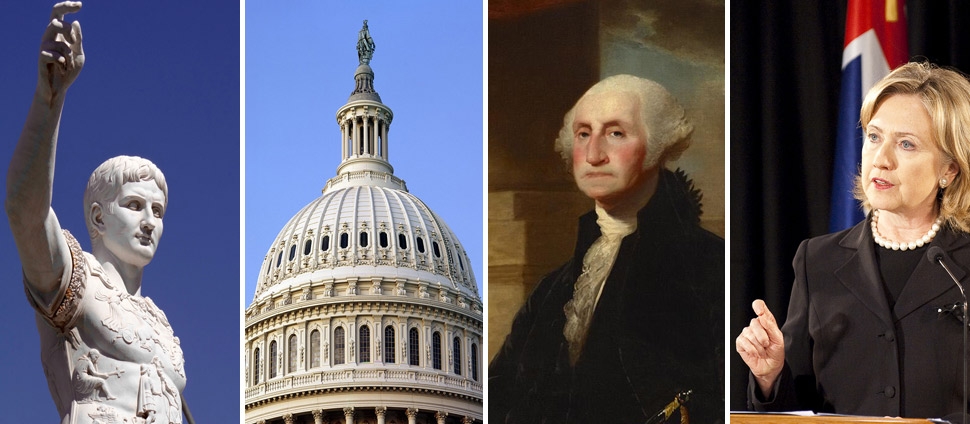Document Type
Article
Publication Date
Winter 2002
Publication Title
Polity
Abstract
This article analyzes the election of gubernatorial candidates Angus King of Maine (1994 and 1998) and Jesse Ventura of Minnesota (1998) in an attempt to determine the factors that produced these third-party victories. Previous studies point to a "culture of independence" explanation for third-party success. This approach focuses on attributes of the electorate, such as anti-partisan sentiment, previous support for a third-party candidate, economic discontent, issue concerns, and youth. Using VNS exit poll data and a multinomial logit model, I find that only two factors-anti-partisan sentiment and prior support for a third-party candidate-are powerful explanations for the success of both King and Ventura. The analysis suggests that the Minnesota case comes closer to the more familiar model of a third-party candidate who runs against the establishment and who mobilizes disaffected voters. There are, however, certain features of the electoral context-registration rules, money, candidate reputation and ideological pro- file-that bind these two cases and that also serve as powerful explanations for third-party success.
Volume
35
Issue
2
First Page
265
Last Page
282
DOI
doi.org/10.1086/POLv35n2ms3235500
Rights
Copyright 2002 Northeastern Political Science Association
Version
Version of Record
Recommended Citation
Gold, Howard J., "Third-Party Voting in Gubernatorial Elections: A Study of Angus King of Maine and Jesse Ventura of Minnesota" (2002). Government: Faculty Publications, Smith College, Northampton, MA.
https://scholarworks.smith.edu/gov_facpubs/19


